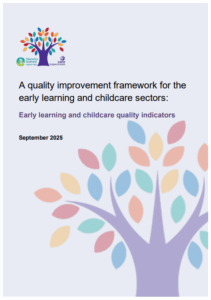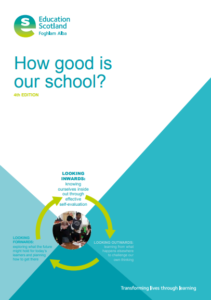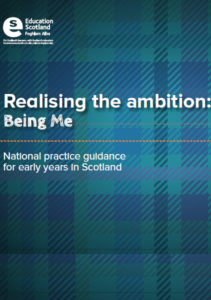p59
Parents and carers know and understand their child best. As the child’s first educators, parents and carers are key partners in supporting their child’s learning. As pedagogical leaders, it is essential that we develop positive relationships with parents and carers and work closely alongside them and value their contribution. Understanding the complexities, diversities and cultural differences of individual families and how this can impact each child is essential. The conversations we have with each family form the foundations of our relationships with them. During these conversations it is essential that we respect, understand and empathise to ensure our relationships are built on trust.
p58
It is important to engage with parents around understanding a child’s eating habits. Parents should feel involved in the process, especially as they may be anxious about their child’s meal times in the setting.




